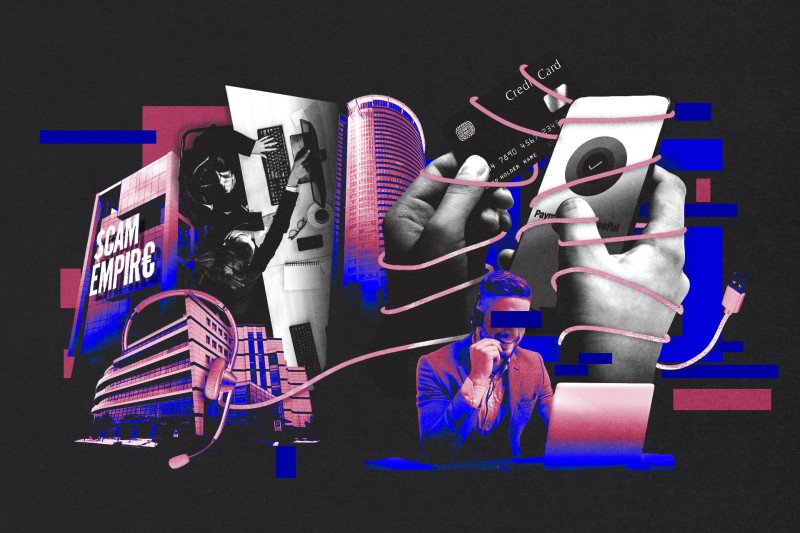
Entrepreneurs are skilled jugglers. We manage invoices, payroll, tax preparation, marketing, and somehow find time to eat lunch. But what do most of us let slip first? Personal finance.
For years, I treated my credit card as if it were my quiet business ally. It financed “emergencies” that weren’t actual emergencies, from new software purchases to late-night Uber trips. It ensured cash flow remained steady, until it didn’t.
The day the minimum payment began to feel more burdensome than my rent was the moment I realized my so-called safety net was merely a slow, grinning trap.
The Myth of the Responsible Entrepreneur
Business owners love discussing risk. Calculated risk. Strategic risk. But personal financial risk? That’s the one we tend to normalize in silence.
When you’re creating something independently, it’s easy to justify using personal credit to keep afloat. You convince yourself it’s a temporary situation. You’ll settle it once the next client comes through. Or when that investor call finally arrives.
The issue is, those “temporary” fixes accumulate until you’re funding your future with unmanageable debt. You’re not just borrowing money; you’re borrowing tranquility.
And the interest is unyielding.
The Quiet Debt That Accumulates While You’re Busy
Most entrepreneurs don’t wreck their finances with a single major mistake. It’s death by a thousand reasonable choices.
A new laptop over here. A plane ticket for a conference over there. Covering payroll with a personal card because “it’s just this once.”
The worst part is that it’s effective… until it isn’t. The line between a smart decision and a survival tactic is thinner than most of us prefer to acknowledge.
Credit cards create a false sense of managing money effectively because you’re technically maintaining movement. But when you take a step back, you’re merely rearranging the pressure.
Credit Isn’t Cash Flow
Here’s the unglamorous reality: if your business’s cash flow relies on your personal credit, you lack cash flow. You’ve merely got a delay.
Entrepreneurs often proclaim “cash is king.” But most of us act as if credit is the true ruler. That balance that always appears “manageable”? It’s not. It’s a slow drip that undermines your capacity to make sound choices.
Once your personal and business finances intertwine, you lose the clarity to think rationally about either. You’re no longer an entrepreneur; you’re an unpaid lender to your own poor habits.
When the “Emergency” Is Every Week
I used to justify every card transaction with the same phrase: “It’s an emergency.” But if everything qualifies as an emergency, then nothing does.
My credit card ceased being a tool and turned into a coping strategy. When my bank balance dipped, I didn’t strategize, I postponed. The illusion of safety became intoxicating.
Until one month, the limit ran dry. And that was the true emergency.
That’s when I began searching for short-term, transparent alternatives that didn’t disguise themselves as safety nets, regulated services that allowed you to borrow what you need without the endless loop of revolving credit. Not as a routine, but as a bridge. Something finite. Something I could genuinely plan around.
Because true security isn’t about pretending debt isn’t present. It’s about understanding exactly what type of debt you’re incurring, and the reason behind it.
The Interest Rate Wake-Up Call
Interest is like poor software, invisible at first, disastrous later.
I used to dismiss 20 percent interest as merely a convenience tax. But once I began calculating the annual expense of my “emergency fund,” it dawned on me. I wasn’t investing in safety. I was investing in avoidance.
If you wouldn’t accept a